Few have worn as many hats as TwogNation founder Sebastian “Heflamoke” Läger when it comes to esports. Player, organizer, advisor, streamer, host: he’s done it all. Today he took some time to sit down with us and discuss his career, the state of the industry, and the future.
Tell us about your background, and how you got into esports.
Born and raised in Germany. My tech-savvy uncle exposed me to PCs of the very early generations, and games obviously came along with it. That was really the beginning of everything, and I don’t think there was ever since a point in my life without access to a device that can play games. Since back then I was very active in sports and a naturally competitive person. It was an obvious transition to competing in games as soon as the features came out — from Nintendo Game Boy cables to LAN cables and finally the internet. Even in my teenage years I was attending LAN parties, joining and founding “clans” as we called them back then. Eventually, I started organizing events in addition to participating. I didn’t know the term “entrepreneurship” until probably 15 years later. I just liked to do events, and — given the poor financial status of a student — I started to monetize things. My first local patrons were as simple as the next-door local businesses.
Fast forward to crossing the millennium — the internet revolution came. LANs died and things picked up quickly online. So while still competitively playing CSGO, World of Warcraft, Dota, etc. I continued where I started before the internet was a thing for gaming. All on the side, grinding through the nights after long and full days at my job or the university.
https://twitter.com/Heflamoke/status/1059199394057203713
That led me to make the first connections around gaming/esports, around events, broadcasting, talents and other parts of the industries — while at the same time a lot of people approached me due to the “veteran” status and the long-year insights into the grassroots scene. So it became quite frequent that I was consulted on team invites, talent decisions, broadcasts, budgets, investment, due diligence on people and whatnot. All of it grew so fast after that. With many offers on the table, I was done declining them. Each month new offers came, the salaries grew to a point where it was too tasty to say no. So in my last year of med school, in fact, I threw everything away and made it a full-time job — which I don’t regret a single day.
I’ve traveled the world, worked with countless brands and enterprises, brought many into esports — all that while I never forgot where I came from. To this day I answer every message that comes to me. I am active on social media helping people to start their career or venture. I lobby for integrity and sensible growth of this industry, and am very strongly against fraud and quick-money individuals that use the boom of esports like an upward breeze. So I stayed very true to myself, while also working on projects like TwogNation that are the boiled down essence of a 20-year journey to build something I believe is essential to this growing and maturing industry.
Esports has changed so much since the late ’90s. How do you think esports will change going forward?
That’s a tough question. Growth is steady and even if you remove all the nonsensical hype, we have a very solid industry at hand. That said, marketshare battles are currently being fought on every front. Regulations, industry standards, monetization, integrity, and many more things are lagging behind. I always call esports a “rubberband industry” — so in 2019 we have the monetization and standards of 2-3 years before that. This is currently one of the major issues in esports and hard to solve. It will equalize eventually through consolidation and brand affinity/education processes being shortened.
Technologically, there are so many more things to discover in esports. On every front, we see new innovation, good and bad, on a weekly basis. Monetization is something we will certainly diversify, because as it stands we are too reliant on some of the revenue streams. A good table stands on at least four legs, not just one or two. So this power struggle, this race to marketshare and the innovations that try to break through, is something that happens daily, and through that, the story of esports will be told.

You mention you’ve explored non-endemics (potential customers who are not part of traditionally-targeted markets). What are some ways a budding esport can attract non-esport fans to join their community?
Non-endemics is a tricky term. For the sake of terminology, there are those who have synergies with esports/gaming but haven’t explored it yet due to fear or uncertainty. Then there are others who can produce synergies if need be, but are at times just fine with the customers being reached or data being gathered in such a new industry. So in essence, non-endemics are a wide field and each of them have to go through a long process of education. We’re looking at a process sometimes lasting from 6 to 24 months, and the bigger the brand/client/company the harder and longer it is.
The most attractive non-endemics are those who sit on a dying tree. These are all those brands who have an aging demographic, old media or regions where they reached saturation. This puts e.g., betting, TV, traditional sports, and many more in the spotlight. The reality is — they need esports. While some of them are not aware of that, others are. However even then, as a means to not use leverage in negotiations, not many of them admit that they need us more than we need them. That’s [been] a bit of a dance for years — however, the esports side’s leverage becomes stronger every year, and that’s enjoyable for a businessperson like me.
Since esports is not a real industry — but a complex, woven infrastructure of various industries intertwining — the approach to non-esports fans is not different to what a usual customer acquisition strategy looks like. Some of the surveys show that many don’t play the games they watch or don’t engage in certain products, yet engage with their content. It’s all about entertainment and accessibility around a very dynamic, mostly young audience that is familiar with gaming. These days, someone not familiar with gaming or elements of gamification has to live under a stone in the Amazon somewhere!
https://twitter.com/Heflamoke/status/786601731492720640
Talk to us about “esportification.” How can a hopeful development team craft a successful esport?
Esportsification is a “service” we are offering through our agency TwogBiz.com. There I mainly focus on publishers and events organizers. In regards to publishers/game developers, you’d be surprised that most of the teams that develop competitive titles are entirely clueless about esports, the ecosystem around it, the business, and even things like game balance, map design, and tech requirements for integrating tech to and from 3rd parties.
One of my hobbies is, in fact, to scout promising new competitive games and help those guys to do the right things in order to have a shot to transition a merely competitive game into a real esport. It’s a long and difficult process, but it’s something I enjoy very much. I have been advising game studios/publishers throughout the years, and I saw firsthand millions of dollars of “damage” caused by making the wrong decisions. All of that has to be very expensively compensated when they reach the endgame so their esports is done sensibly. For example, games without APIs are a big publisher shortcoming and can easily be avoided from the very beginning of the game development. Balancing/design of the game, anti-cheat, matchmaking/competitive formats, building franchises or recurring formats, maintaining long-term teams… these are just some of the mistakes made by developers of any size, from indie to AAA.
Can you talk to us about what you’re working on right now, and any cool plans you have for the future?
Right now I turned my back on a C-level career because I was tired of only being a part of something and having to fight for every idea or budget. Since 2018, I am back in entrepreneurship and founded TwogNation — an esports holding that combines various projects and companies. At this point namely TwogBiz (an esports agency to continue my work of the last 20 years), TwogTech (an agnostic IT company but with a special taste for gaming-related projects), and above all TwogHub — esports’ first aggregator and community-building platform. TwogHub is essentially trying to decrease the entropy (the “chaos”) within esports. We’re listing all tournaments worldwide, which you can search through, participate, or watch based on whatever parameters you give the system, while we also have a full tournament system of our own through which most clients do their events.
Furthermore, we developed the “passport of gamers,” which is literally what it says. It’s a profile where you list your standard static data, like your name or birth date, then all your social media, streams, VODs, products you want to sell, services you provide, donations you want to receive, your teams, your stats, your needs such as searching for a team or a team searching for players, and many many more things. All of that is based on an API that we call TwogConnect, and through that, you can log in with your passport via only 1 button into various other platforms, services, and products. Just like you can log into Tinder via Facebook or Steam into some skin-related website.
So in essence, with bespoke features and many more coming, we’re trying to be a hub where you can come, find your anything you want, and then we drive the traffic to all the sites, platforms, companies, influencers/streams, etc. out there in esports. The era of having to search events through Facebook, Twitter, Skype groups, or other nonsense has to stop. That’s TwogHub.
https://twitter.com/Heflamoke/status/1070844409502154752
You’ve mentioned you’ve explored blockchain in esports: any opinions on DLive, the new blockchain-oriented streaming platform that’s in the news because of Pewdiepie?
Well, I am familiar with blockchain and the cryptospace at large. I always look into new tech and opportunities with that very space, making several attempts to enter esports — to date, not really successful, however. It’s a space that needs to mature a lot — it’s even earlier and less mature than esports, and esports in itself has a few more years to grow to be respected to the full extent. Regarding DLive — they do the right thing by going via influencers to populate the platform. However, after looking through the model they use to reward content creators, I am not convinced this is sustainable in the long run. How long this highly incentivized period will last, I don’t know, but let’s just say — don’t delete your Twitch account just yet 🙂
Let’s see where it goes, how long it lasts, and how much support it will get. The streaming/content space is highly competitive and even getting a small percentage of the market is worth quite a bit. With Amazon (Twitch), Google (YouTube), Facebook, Microsoft, Tencent, etc., my bet is certainly not on the smaller horses in this race. The very likely scenario is a good period with high incentives into a round of investment to continue and then (or earlier) acquisition by one of the big guys — which automatically means a decrease of all the bespoke perks they have right now. For now, it’s something disruptive, something for the headlines, but we won’t hear from it in the big headlines anytime soon.
What advice do you have for anyone hoping to follow in your footsteps and become an esports advisor?
Not really for the advisor part. Being an advisor is a form of trust and value. Be trustworthy and hold value through your network, ideas, and actions — then companies will ask you to act in such a position. I personally only advise companies I believe have merit in one form or another, or that I can at least temporarily help succeed in whatever milestones they want to achieve.
In regards to esports as a career — it’s experience, experience, and experience. The “zero to hero” dream doesn’t happen, and even for individuals with somewhat transferable skills, it’s not always an easy objective to enter the industry. So by all means, please get experience by volunteering, starting your own projects, helping companies, or side-jobs. When I receive CVs, I don’t even look at the name or region, but what they have done over the years. How much blood have they put into the space, especially at a time when there wasn’t a shiny salary smiling your way. That, the trust, the network is something that makes anyone highly employable. Obviously, you can’t buy a time machine and have 20 years of experience like esports legends Redeye, Richard Lewis, DJWheat, and many more. However, you can increase your value by focusing on a niche — be special in something and you will be hired. It’s that “easy”! 🙂
Sebastian “Heflamoke” Läger is the founder of TwogNation, a focus holding company creating a one-stop solution for gamers and industry stakeholders. Be sure to check them out, and follow Sebastian on Twitter for more of his insights!


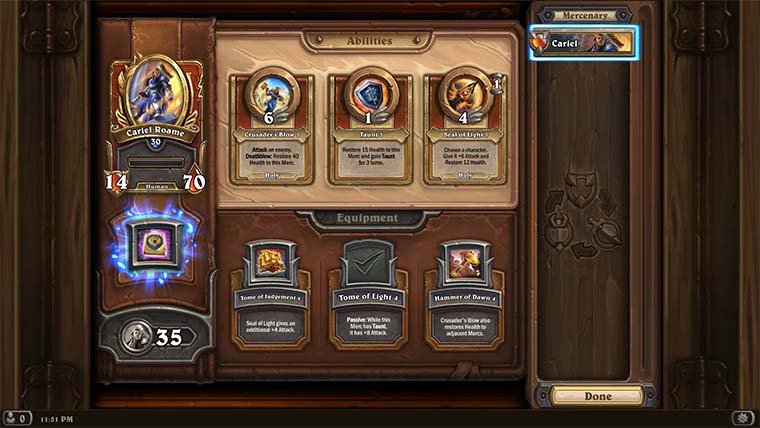
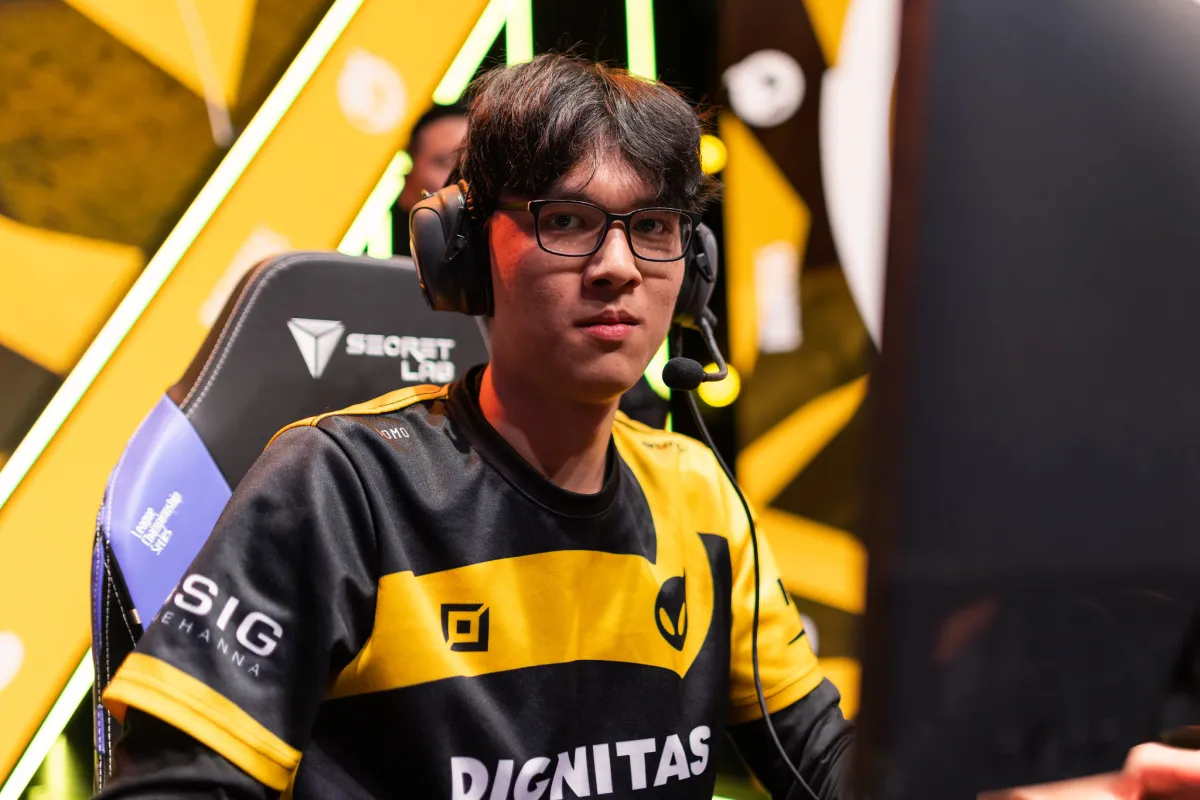
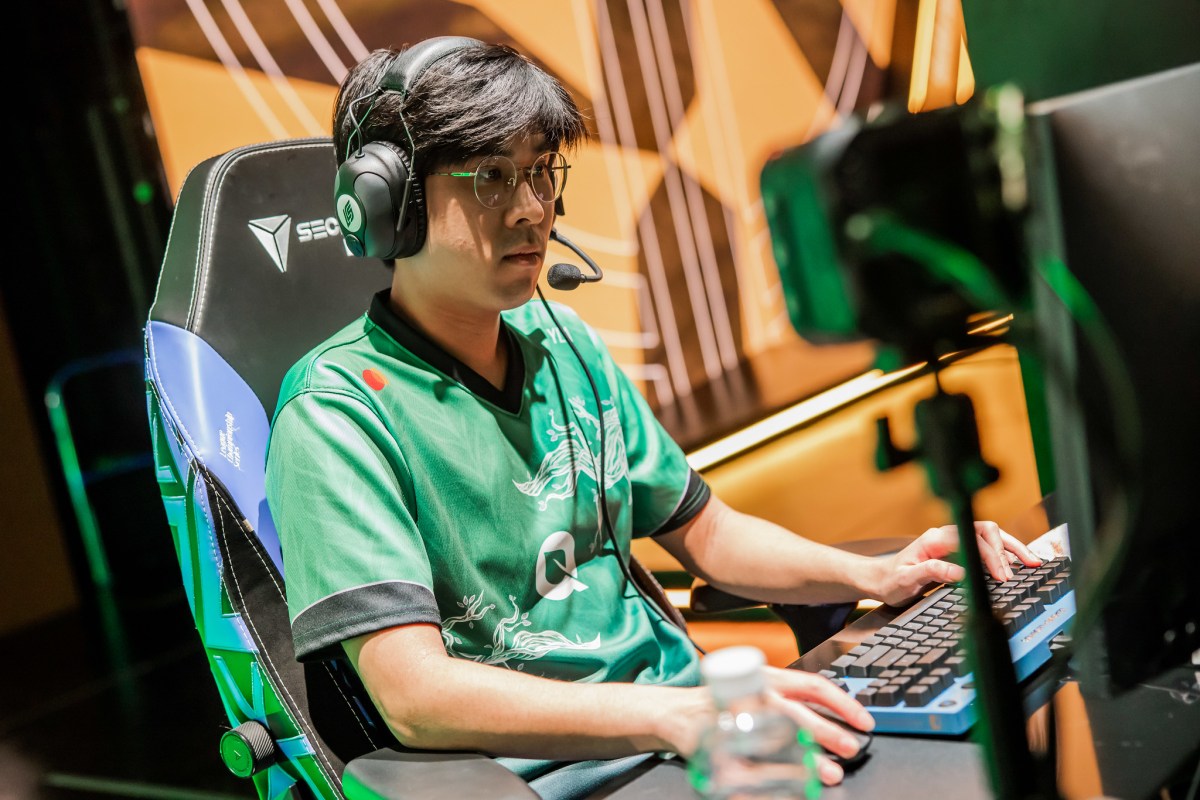
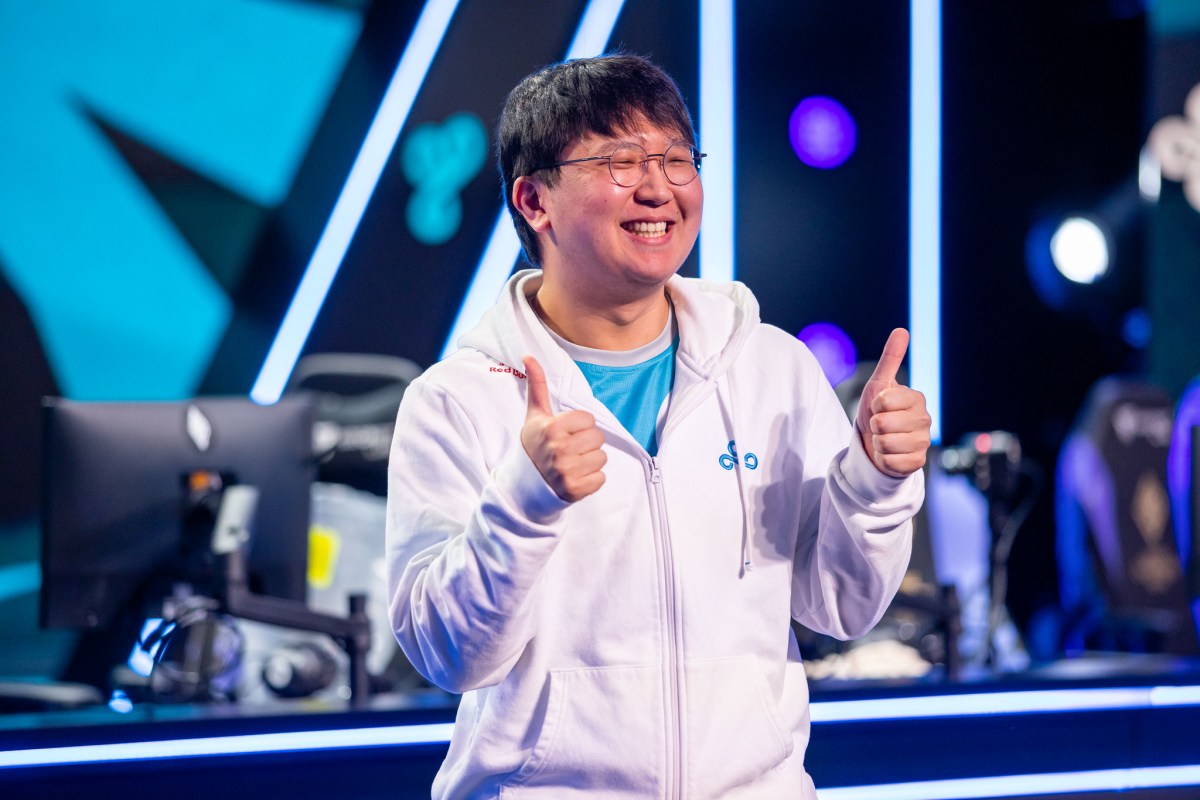
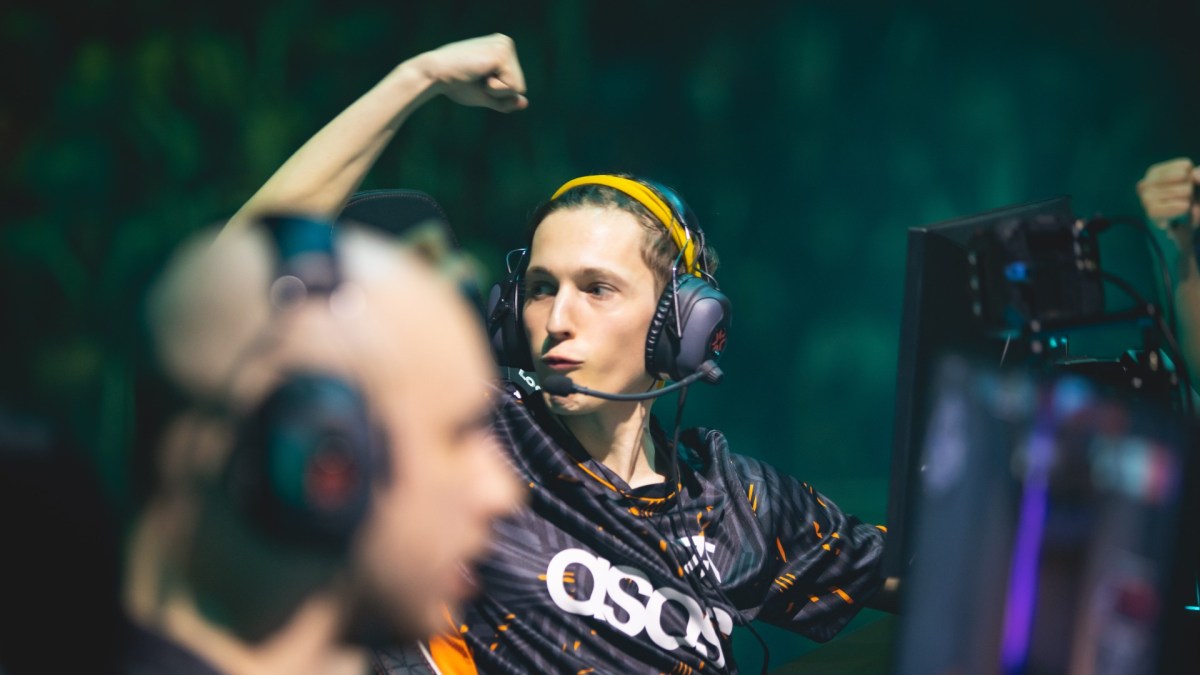
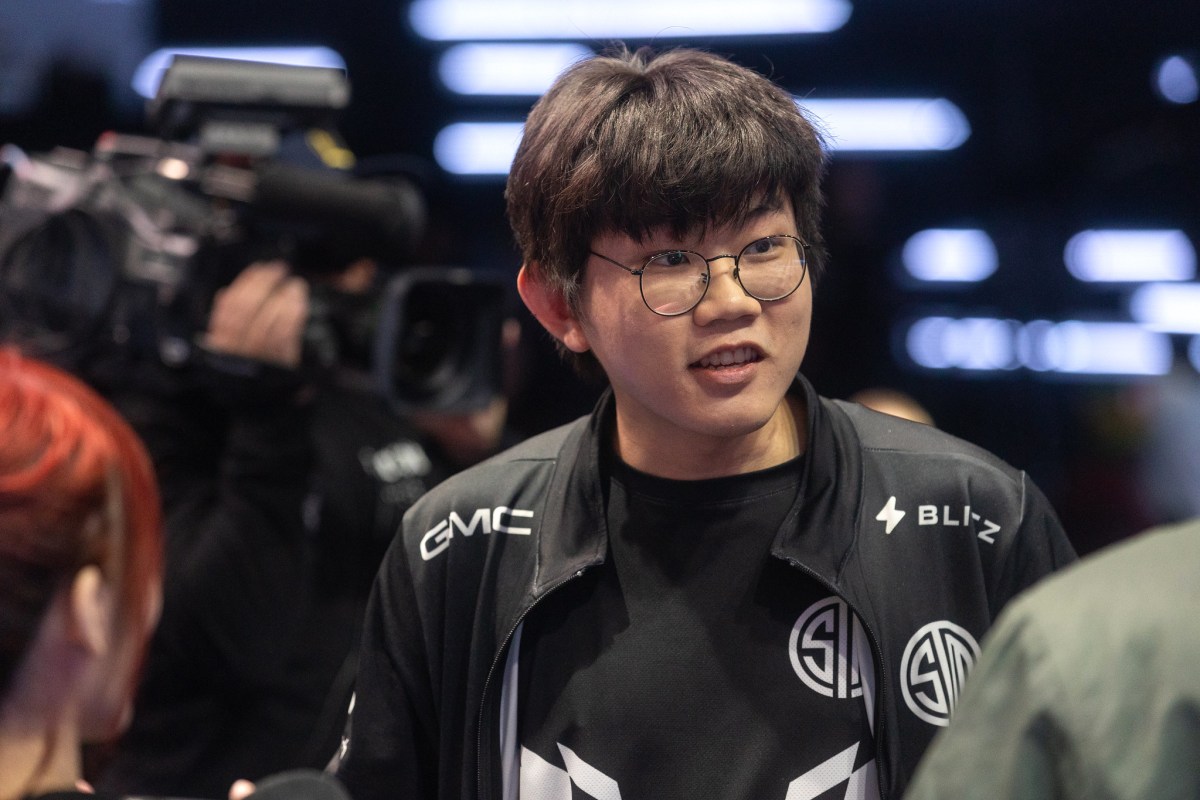
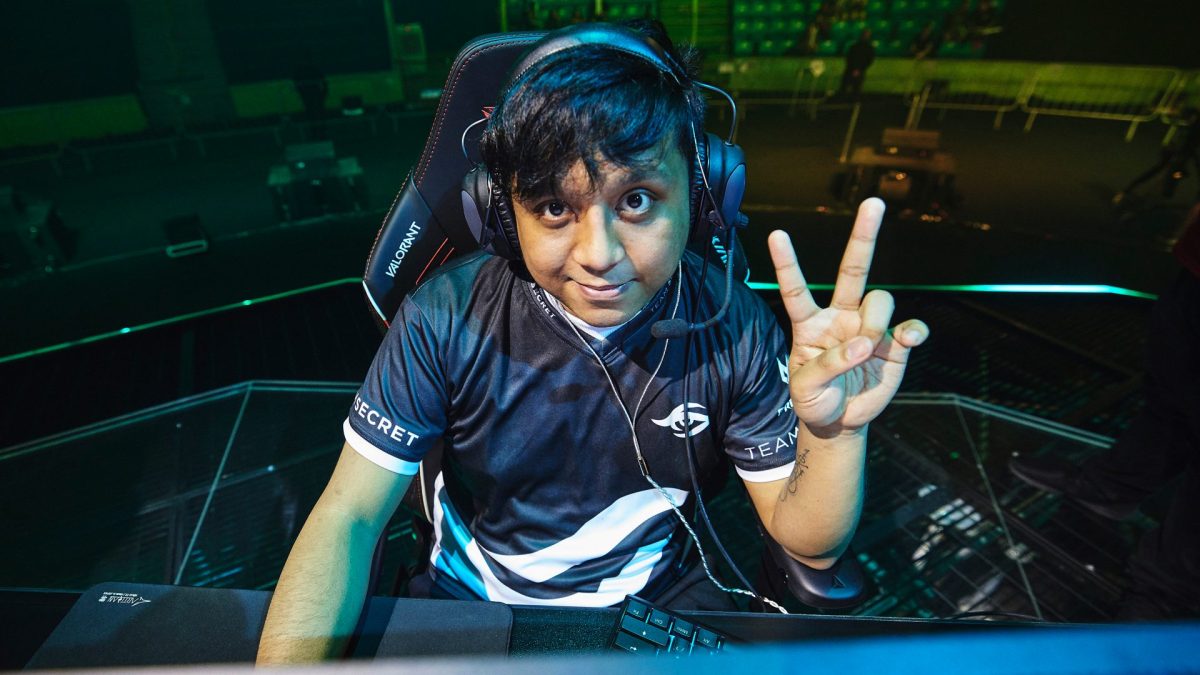
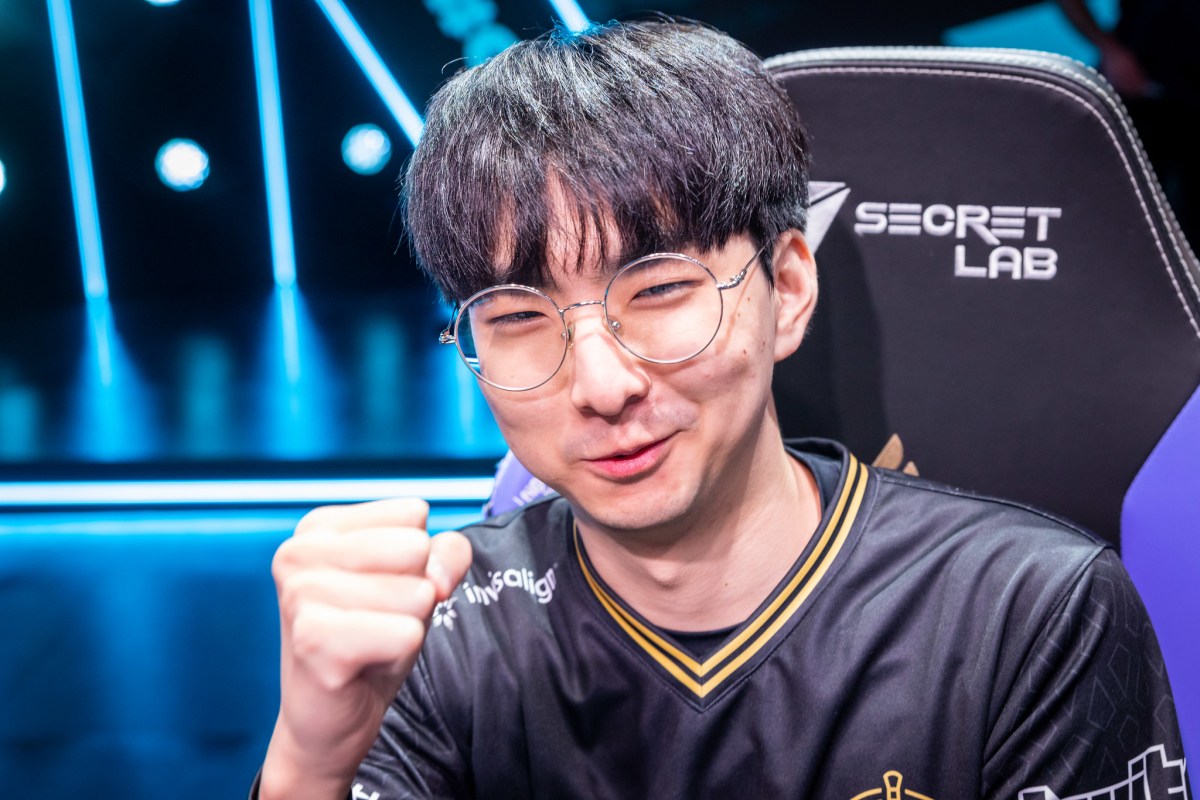
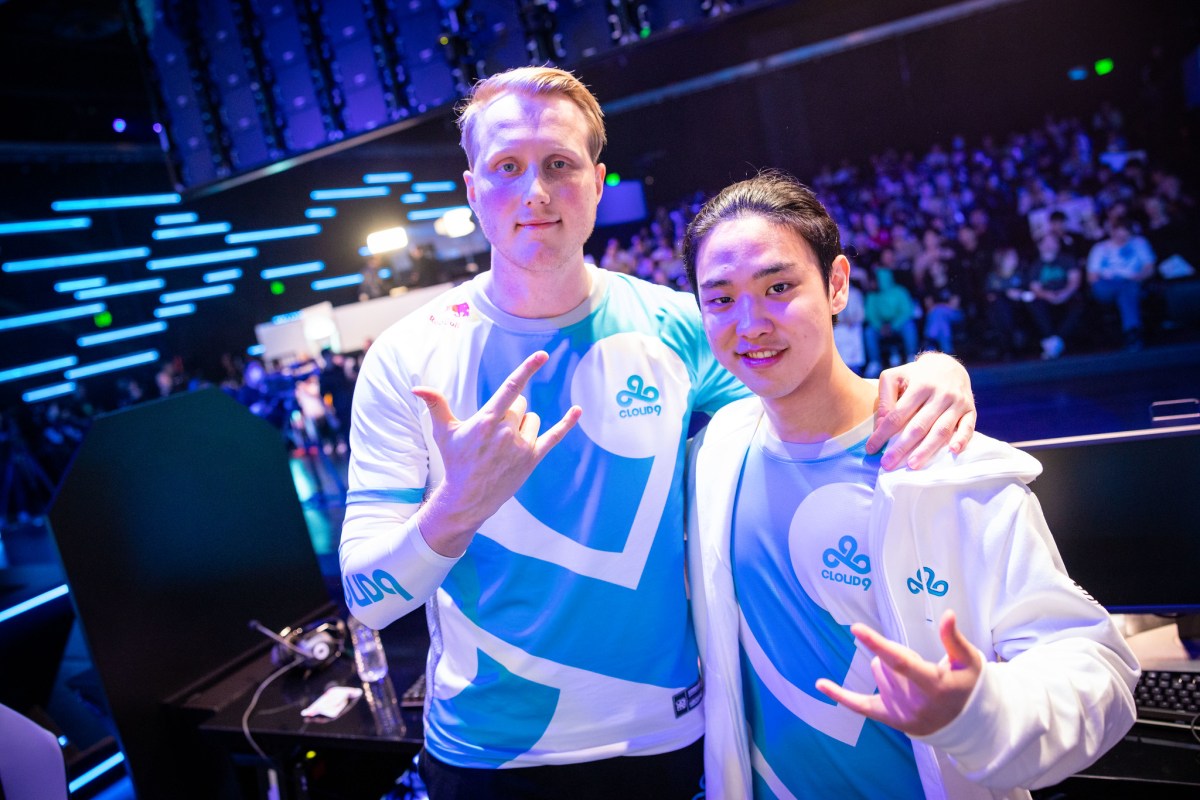
Published: May 26, 2019 12:00 pm